Blog
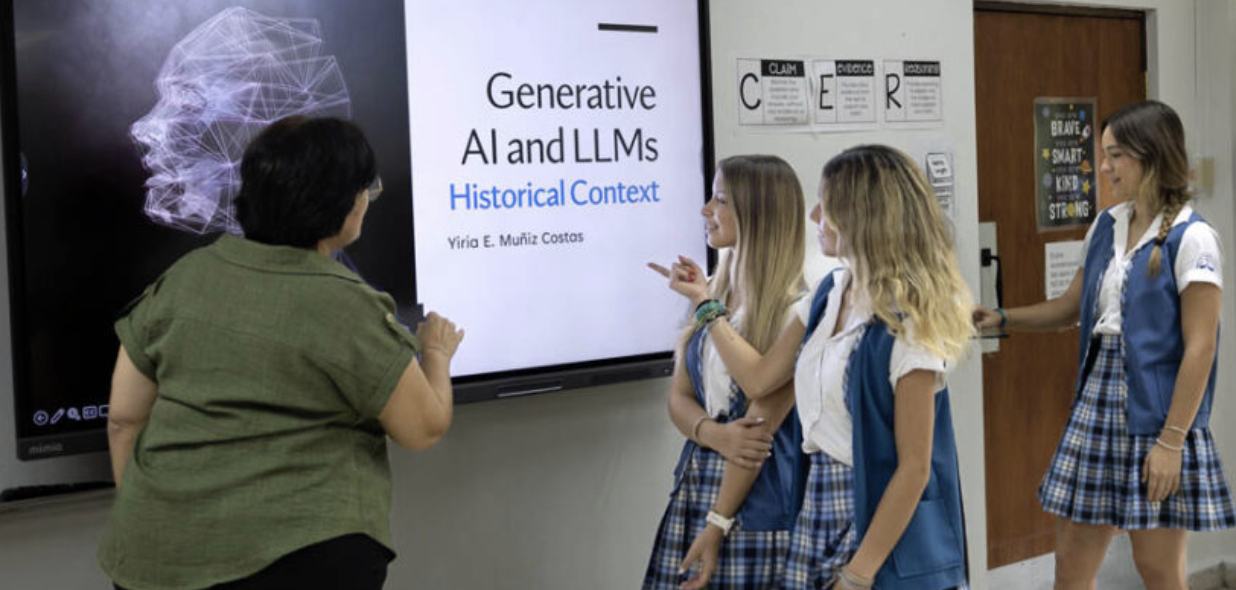
AI in Their Pockets, Values on the Line: A Catholic School and Its Partner Step Up
Academia María Reina (AMR), a Catholic girls' school in Puerto Rico, knew its students were already using AI on their phones long before adults had a plan for it. Teachers worried about cheating and the loss of "real" thinking. Students treated AI as a shortcut, something "there to do everything for you," as technology facilitator Anyelisa Mejías observed. Instead of waiting, AMR invited Forward Learning, a regional professional development and learning environment provider serving schools across Puerto Rico, to face AI head-on. They pursued two Middle States Association (MSA) Responsible AI in Learning (RAIL) endorsements as partners.
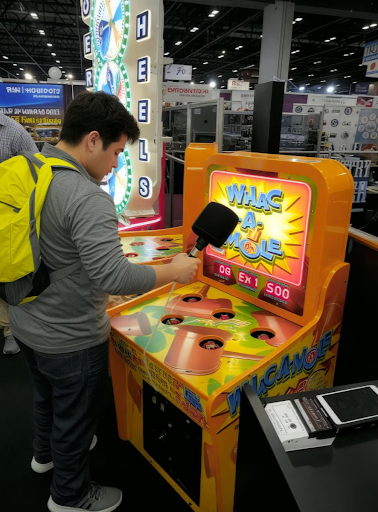
From AI Training to AI Policy: The K–12 Whac-a-Mole Problem
Have you ever played whac-a-mole? The game used to be a mainstay of arcades and boardwalks. One mole pops its head up. You strike it with a mallet, which sends it underground. But as soon as it disappears, a different mole pops up somewhere else on the gameboard. Repeat until time runs out on the game. AI in schools is a whac-a-mole problem.

Who Is Gen AIC? Understanding the Students Growing Up With AI, COVID, and Educational Disruption
According to conventional wisdom, students currently in high school are part of Gen Z or Gen Alpha. Gen Z, as in “Zoomers,” because many experienced school on Zoom during the COVID pandemic. Gen Alpha, as in “alpha,” because they are the first generation born entirely in the 21st century. I see them as Gen AIC, because they are coming of age amidst the two great paradigm shifts in school: AI and COVID.
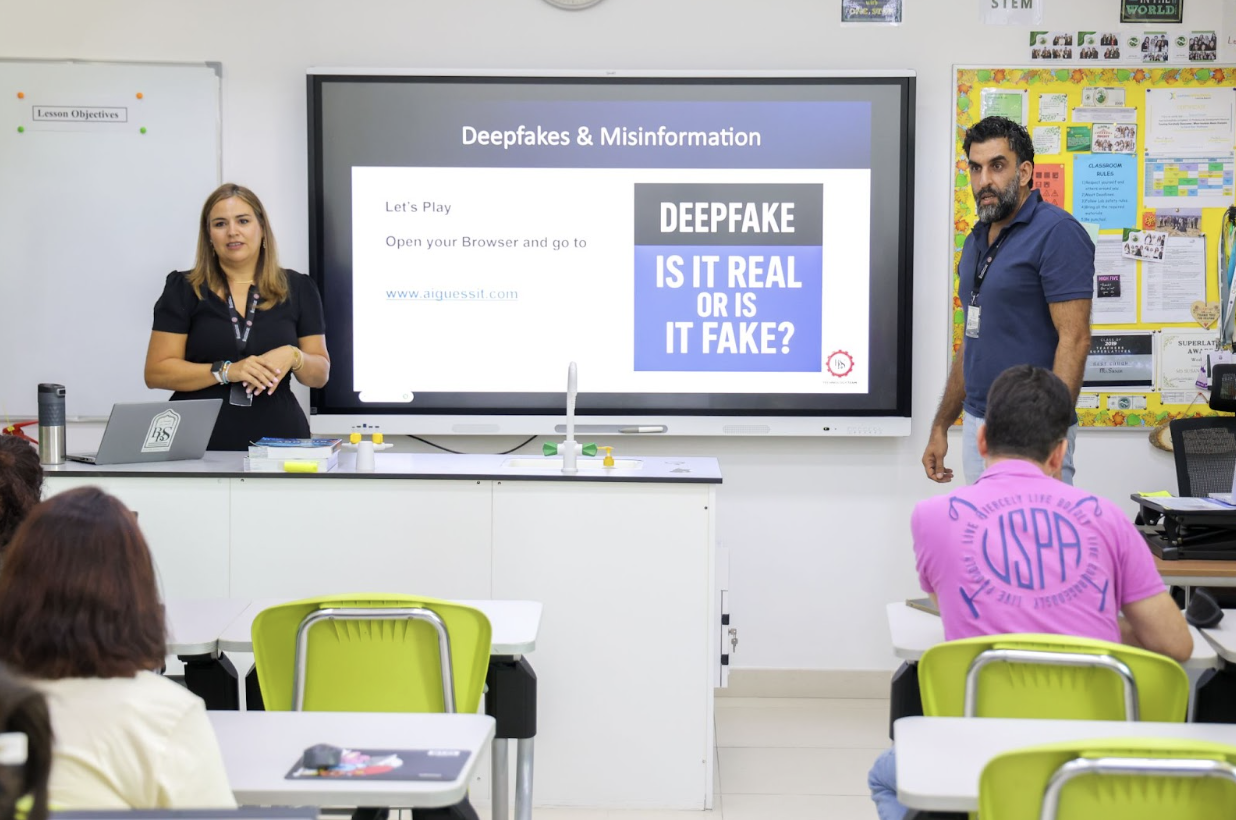
RAIL in Action: How Bahrain Bayan School Built Human‑Led, AI‑Informed Systems
When generative AI surged into schools, Bahrain Bayan School initially responded the way many did: with guidelines and one‑off trainings aimed at keeping pace with a fast‑moving technology. Joining Middle States’ Responsible AI in Learning (RAIL) endorsement shifted that response from reactive to structured, helping the school design AI use that is human‑led, ethically grounded, and sustainable.
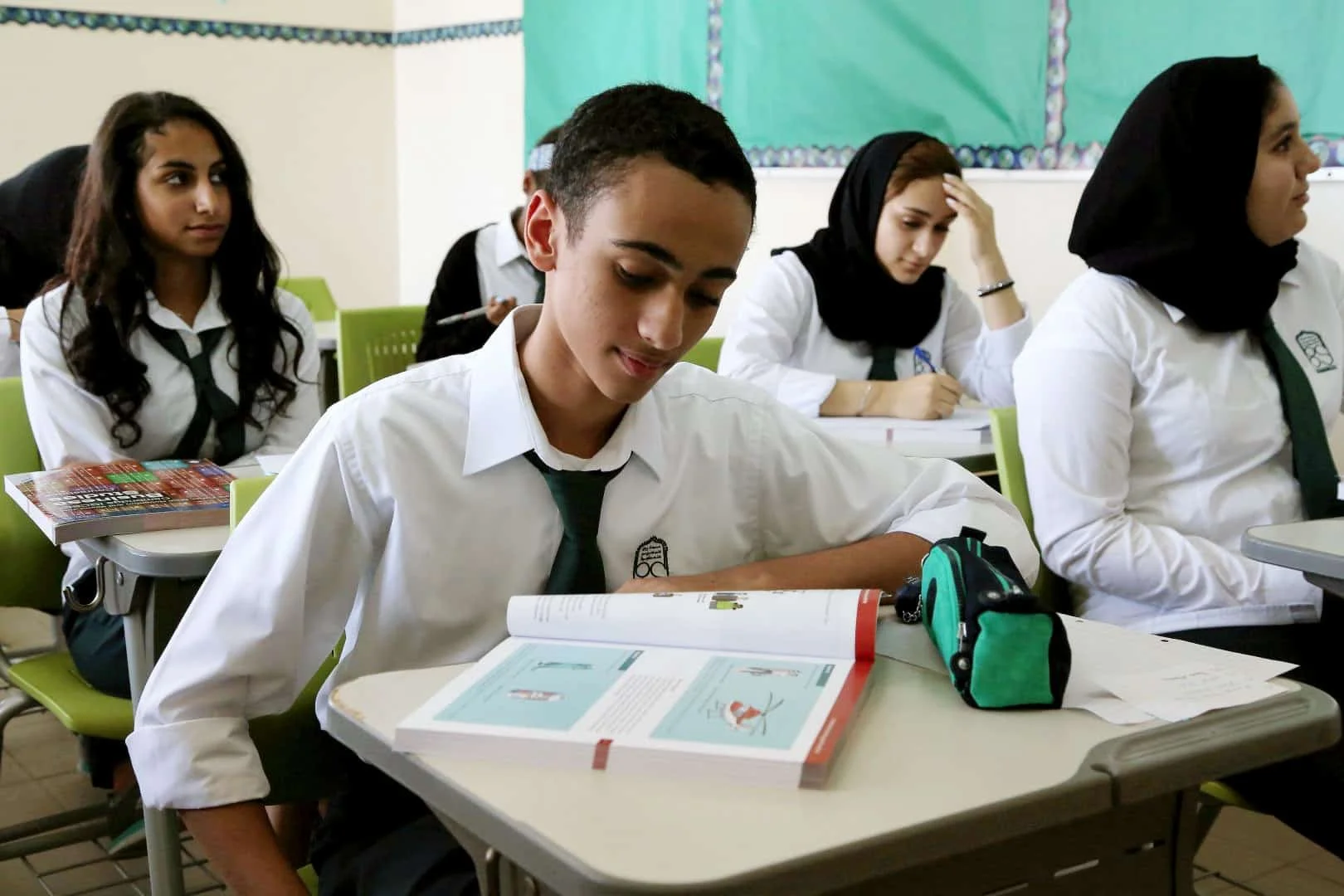
How Do You Honor your Identity in a Rapidly Changing World?
It’s hard enough to prepare young people for an AI-shaped future. But how do you do that while preserving their identity?What about strengthening that identity? Those are the stakes at Bahrain Bayan School, where most students are Bahraini and every decision about curriculum, technology, and student support is a decision about the country’s future. With AI advancing at an exponential rate, Bayan sought a solution in the Middle States Responsible AI in Learning (RAIL) endorsement in AI Literacy, Safety & Ethics. The end result? Bayan amplified their core identity using the endorsement’s implementation framework, called the Pace Layer Model.

Making Space for Resistance: How Choate Rosemary Hall Built AI Adoption on Their Own Terms
In 2023, Choate Rosemary Hall, an independent boarding school in Wallingford, Connecticut, faced the challenge every school was grappling with: how to respond to generative AI. Like many schools, Choate had faculty across the spectrum. Some were experimenting enthusiastically. Others were deeply concerned. The easy path would have been to issue a quick policy and hope it settled things. Instead, they chose a different approach, one grounded in their mission, built on trust, and designed to bring everyone along.
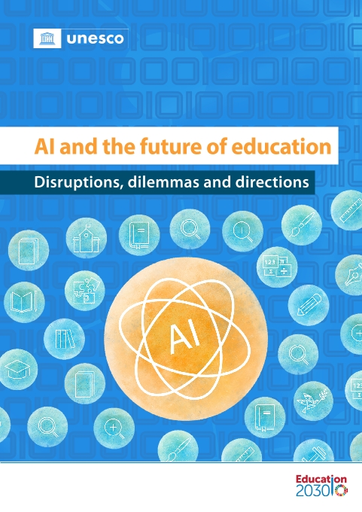
Why AI Readiness Is About Culture, Not Code
In conversations with education leaders across the Middle States network, one question keeps coming up: “How do we embrace AI without sacrificing what makes learning deeply human?”
Globally, education leaders are grappling with similar AI readiness questions, as reflected in UNESCO’s comprehensive new anthology, AI and the Future of Education: Disruptions, Dilemmas and Directions (UNESCO, 2025).

Advancing Ethical AI In An Online School System
Excel is pairing AI with competency checks so students can show what they know and get to the right next step. They will expand their in-course tutor and teacher-facing supports with the same closed-system guardrails.
“AI will help students demonstrate competency and then challenge them in ways that fit their learning style” — Charlie Buehler Hoard, COO

Leading the Way: What the UAE’s AI Mandate Signals for Schools Everywhere
This year marks a turning point for education. For the 2025–26 academic year, the Ministry of Education in the UAE is implementing an Artificial Intelligence curriculum across all public schools (Rasheed, 2025).
The goal of this curriculum is to strengthen students’ abilities to apply AI technology in a “safe, ethical, and responsible manner” (Rasheed, 2025).

Leading With Process Before Product at Mt. Lebanon
Our latest spotlight features Mt. Lebanon High School in Pennsylvania. As a public school system, they approached AI with caution, not hype. With the RAIL endorsement as a guide, they created space for experimentation, grounded decisions in values, and made real shifts in both policy and practice. Their English department’s move to emphasize process over product is just one example of how responsible AI can drive deeper learning.
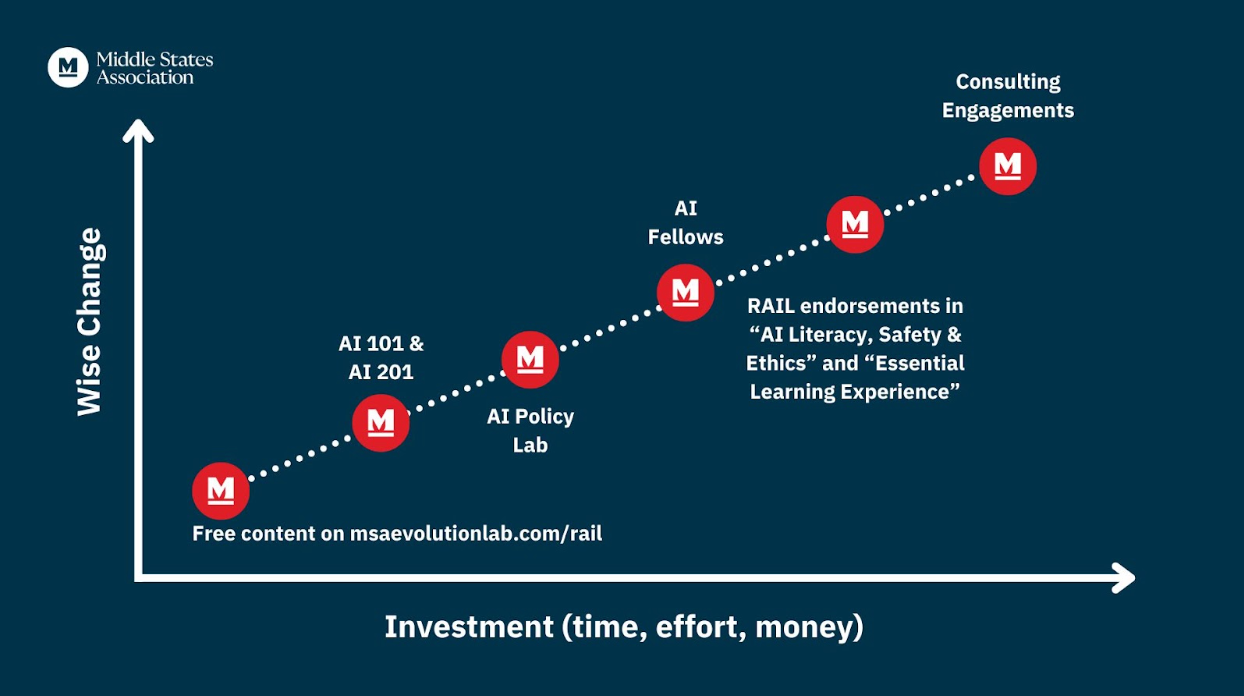
Emerging from Stealth Mode: Middle States AI Fellows
What if you aren’t ready for a full school commitment to AI? What do you do when only a few teachers are ready to lead the way? We have been working in stealth mode on something new to help schools adopt AI responsibly. It is an implementation framework that doubles as a community of practice. We call it AI Fellows.
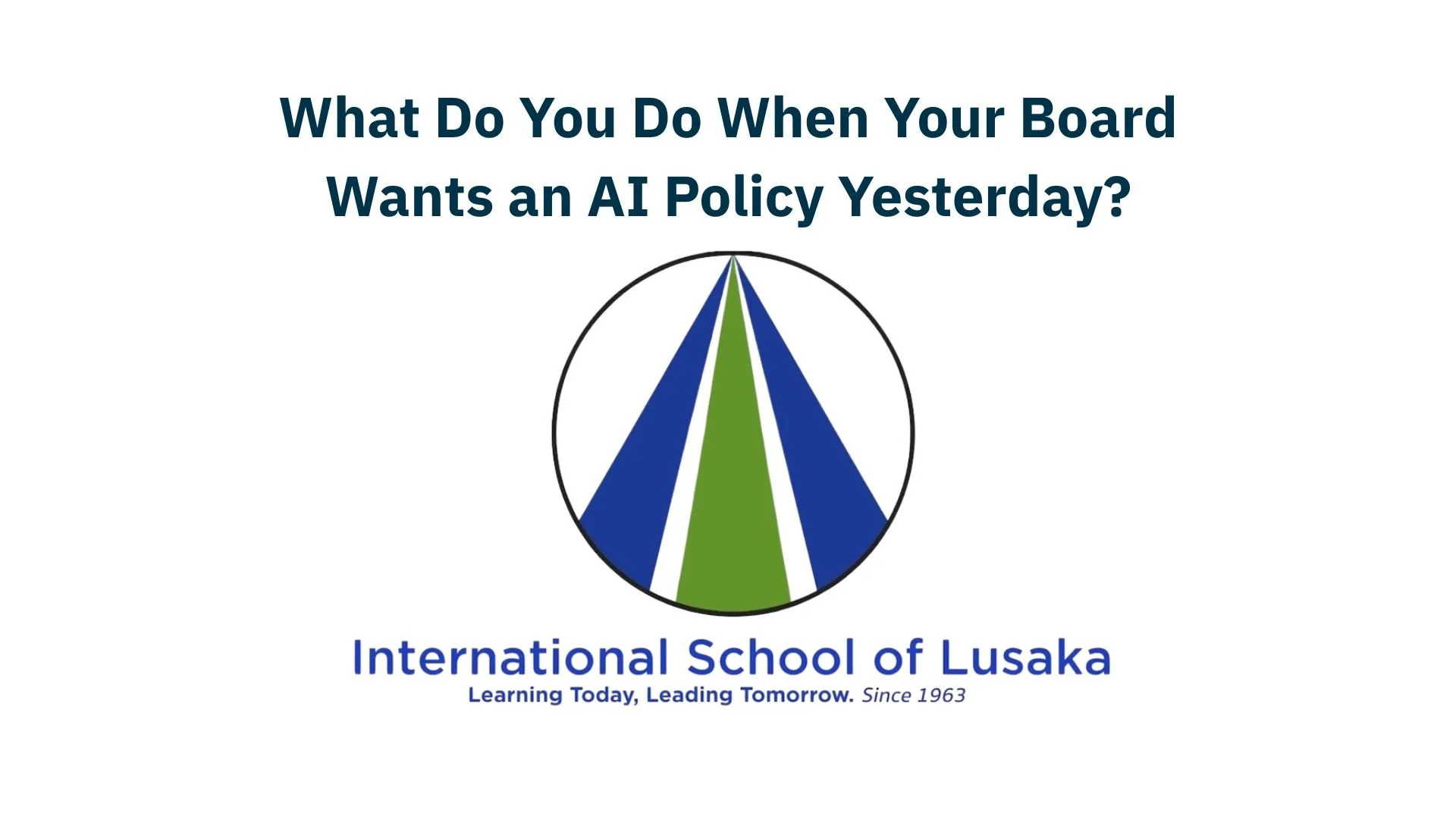
International School of Lusaka’s Strategic Response to AI
When ChatGPT was released in late 2022, Dr. Liam Hammer had other priorities as the new Head of School of the International School of Lusaka. But as AI conversations intensified globally, the ISL board began pressing for immediate action. A board member had used ChatGPT to write an AI policy for the school and wanted to ratify that policy.
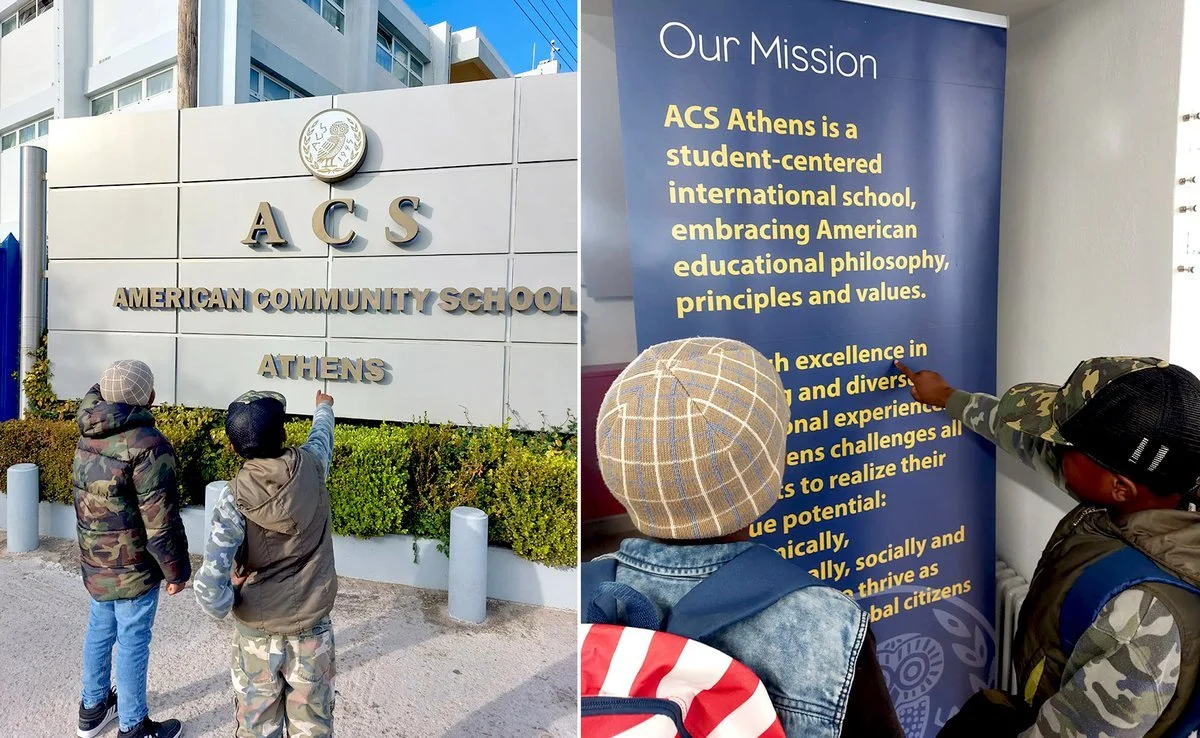
Leading Systemic Change With Responsible AI
August 2025 marks one year since the first pioneering schools completed the world’s first (and only) endorsement in AI Literacy, Safety, and Ethics through RAIL—Responsible AI in Learning. We celebrate this milestone by revisiting some of these early adopters to reflect on what has changed for them since.
ACS Athens is one of these exemplary schools. And they didn’t simply complete the RAIL endorsement experience—they used it to lead real, system-wide change.

A Lesson is Repeated Until It Is Learned
At Middle States, we define powerful learning as an experience in which learners develop purpose and agency as they develop knowledge, skills, and dispositions. ChatGPT Study Mode is not fostering purpose or agency. And it is questionable whether it is fostering knowledge, skills, or dispositions. Which means that at best, tools like ChatGPT’s Study Mode, KhanMigo, Claude’s Learning are anti-cheating tools.
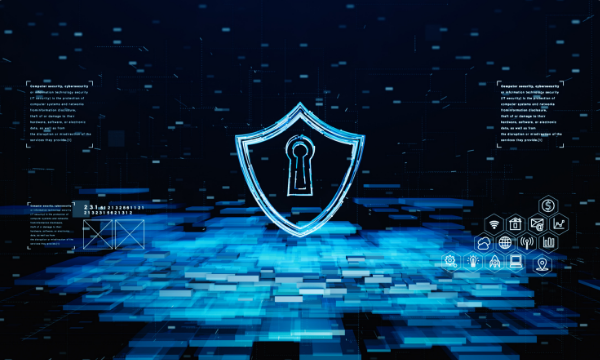
The TAKE IT DOWN Act — And The Rise Of AI-Generated Harm
On May 19, 2025, the bipartisan TAKE IT DOWN Act—Tools to Address Known Exploitation by Immobilizing Technological Deepfakes on Websites and Networks—was signed into law in the United States. This legislation is a timely response to an escalating crisis: the online exploitation of minors, including through the creation and distribution of AI-generated deepfakes.

The “Both / And” of AI in Education
Dan Meyer, who is something of an AI Cassandra, has consistently said that students want to learn with and from people who show those students that their thinking matters. AI cannot show a student that their thinking matters. AI can only simulate that kind of feedback.
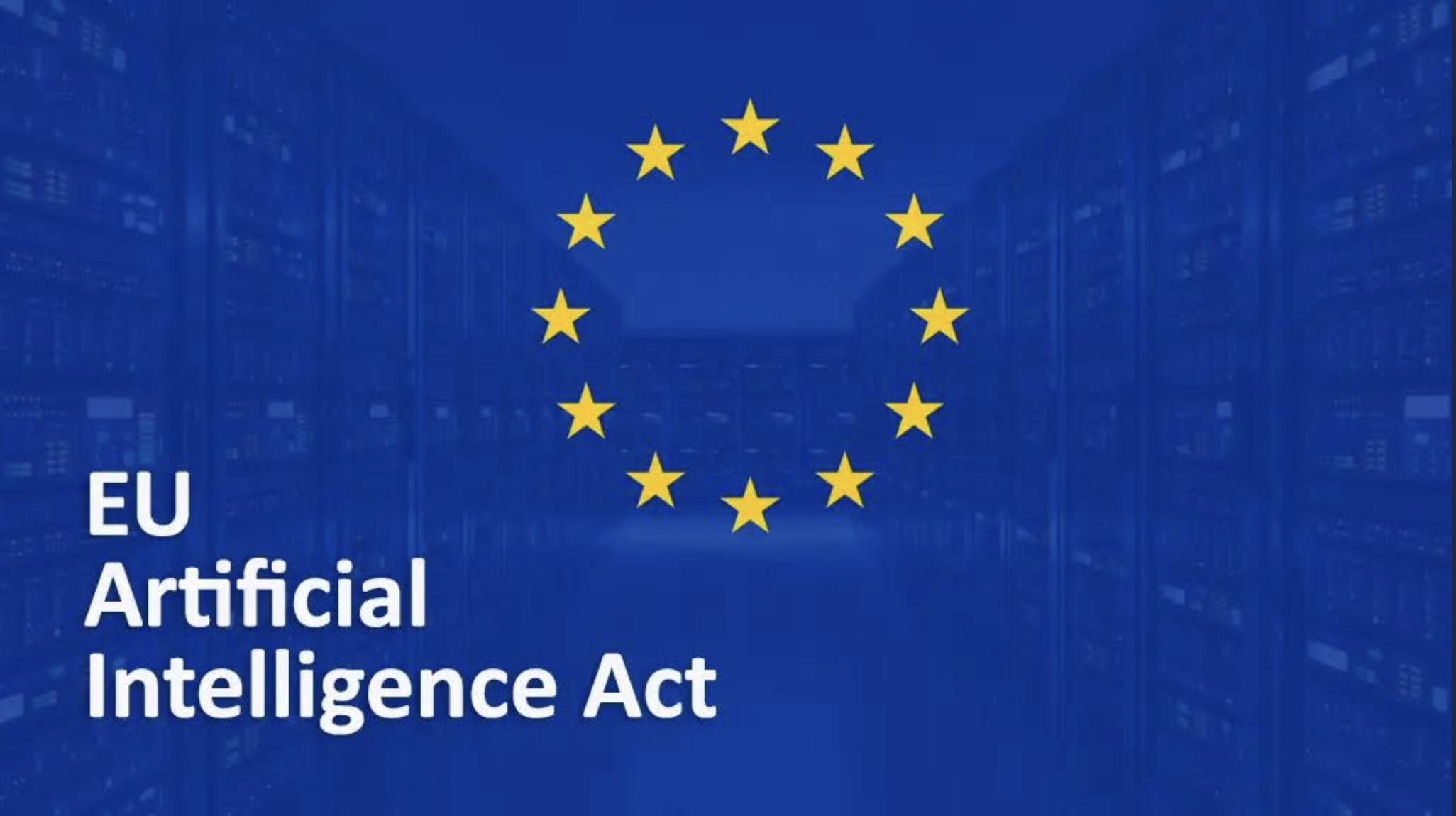
The EU AI Act Is Here: What Schools Must Do Now
While the White House's new AI Executive Order is making headlines, school leaders in the EU need to pay close attention to what's already in motion: the EU AI Act. Adopted in June 2024 and now entering into force, this landmark legislation formally recognizes schools as deployers of AI systems under Article 29—and that comes with real responsibility.

The Coming AI Tsunami
Have you been struggling to keep up with the constant updates, upgrades, and announcements about AI? Had you sort of checked out, because it had all become too much? There is a tsunami coming. Last week, the White House issued an Executive Order which articulates a significant federal commitment to AI literacy and education in the American K12 system.
